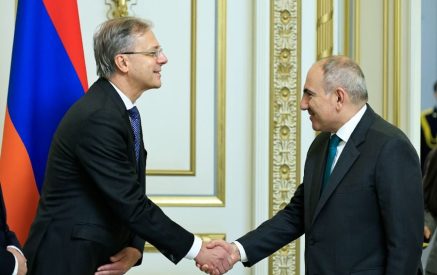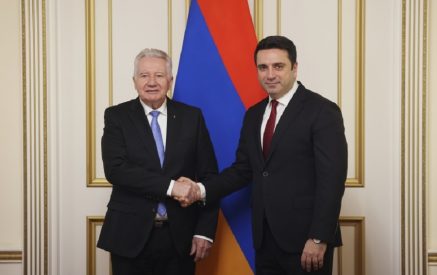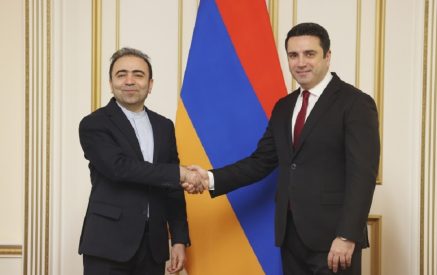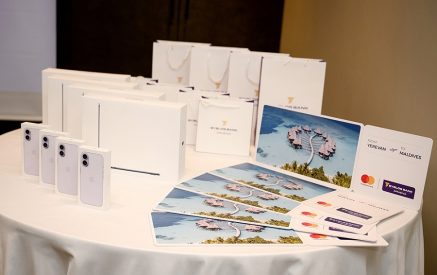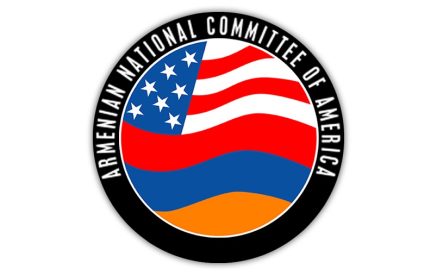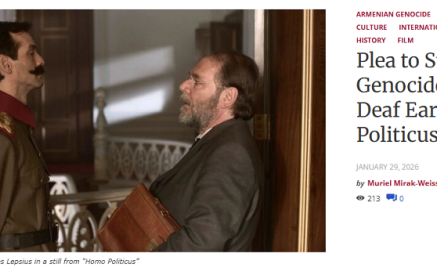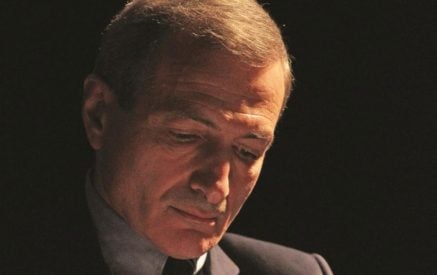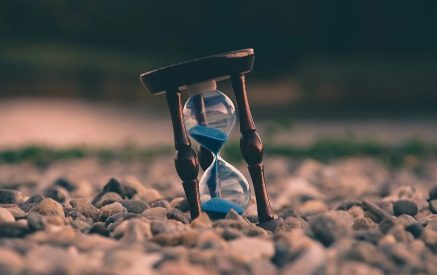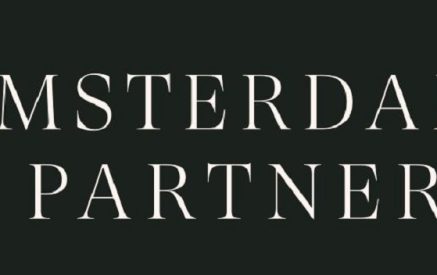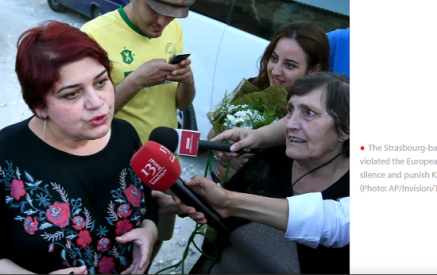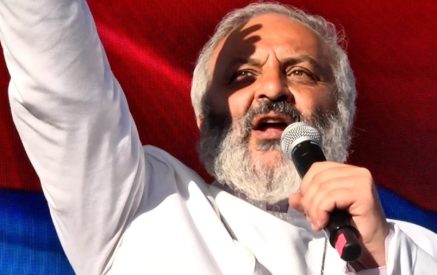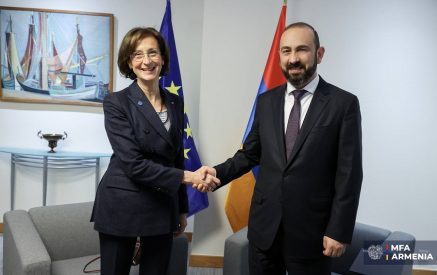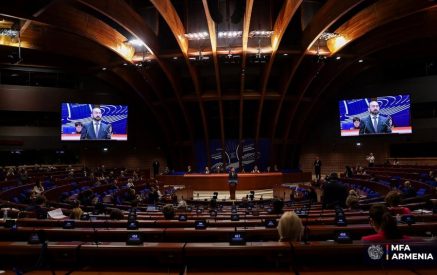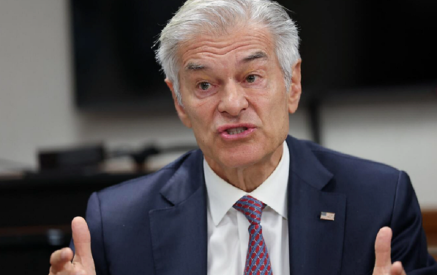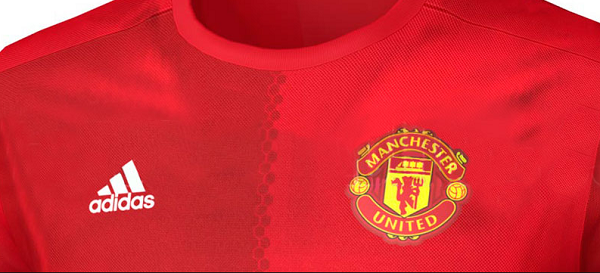It was the International Left Handers Day a few days ago. It was not a very important, worldwide event, but when any nice person for me wrote on Facebook about being left-handed too, I felt good. Because I perceived myself as a particle of unity, which although is based on a purely physical phenomenon, somehow describes its members. Of course, it’s a myth that all left-handed people are talented, are endowed with creativity, or generally have a common positive or negative feature, but still, I was pleased to know that there are left-handed people like me. The other question is whether I am capable of selfless, altruistic acts purely because the person in front of me is left-handed.
But let’s consider another case, or rather an experiment, which was carried out by British scientists (real ones, not made up). People are walking down the street, who are known to be “Manchester United” fans. Each of them notices a person lying on the lawn, and writhing with pain (of course, he pretends, it’s something like a hidden camera). 34 percent of the “football fans” approach and offers assistance to the “suffering” man. But when they put “Manchester United” T-shirt on this “suffering” man, the percentage of supporters from the “fans” group rose to 92 percent. Consequently, human behavior is conditioned by whether a person feels as a member of that particular group, community, or congregation or not.
Success or failure of any social group depends on how much people feel as a member of one unit, how much they are ready to help, to assist, to support each other. Of course, it is ideal when people are displaying altruistic behavior considering all humanity as that “unit”, any person, regardless of what “shirt the person wears”. However, there are few people with “team feelings” at the humanity level, who are notable individuals with whom we cannot compete.
We, ordinary people, need some “shirt”, which will allow us to identify ourselves with this or that group, to feel proud of it and create something in the atmosphere of solidarity. It remains to find out what this “shirt” is in our case. I wish it were the concept of “citizen of Armenia”. But, unfortunately, this is not the case: the majority of such passport holders do not care about their state. Another shirt is offered-“Armenian”. It may sound fine, but the fact that we, we, Armenians, cannot create a national state, I think, is the evidence that we do not feel like a member of a team. Much smaller “shirts” are left- “we, the poor”, “we, Aparan people”, “we, party members”, etc. I’m not sure that any of those units work.
Aram ABRAHAMYAN














